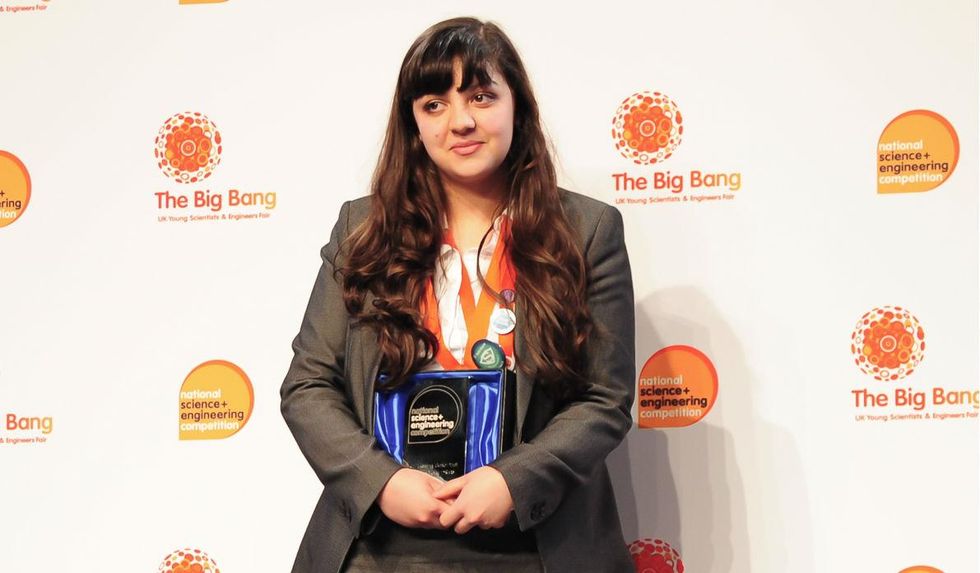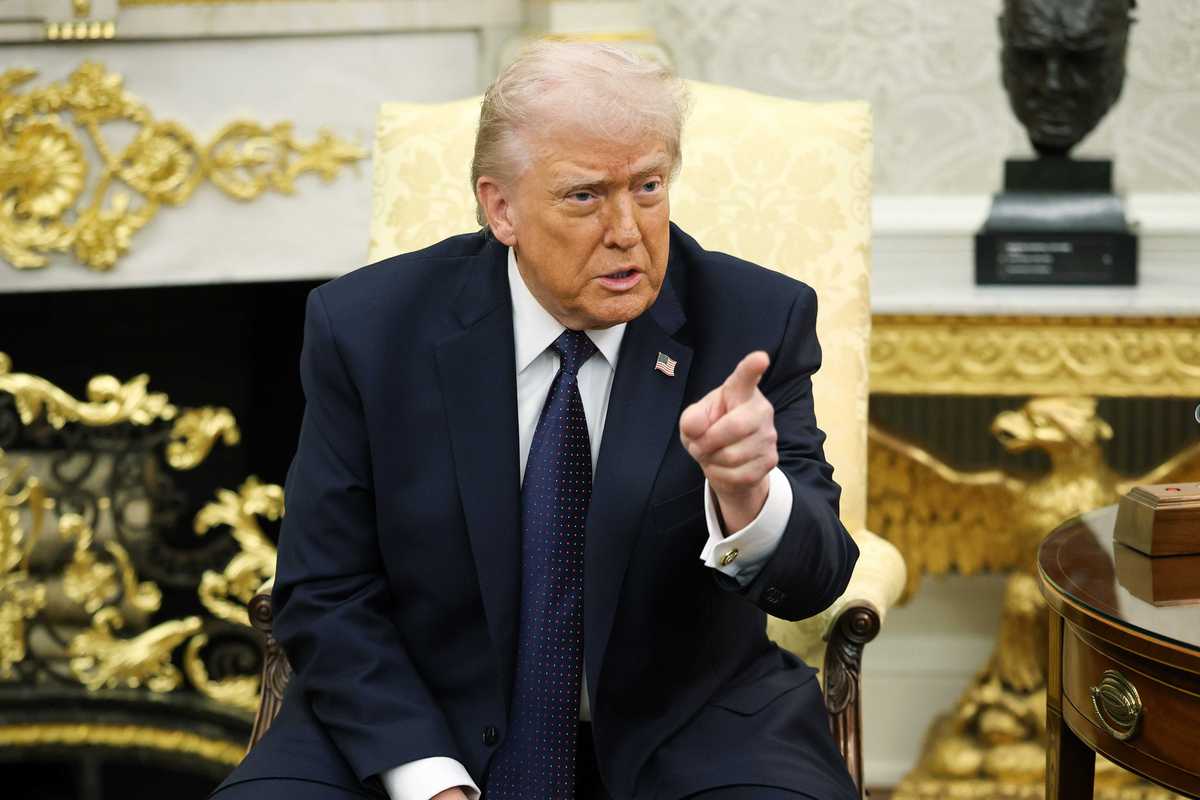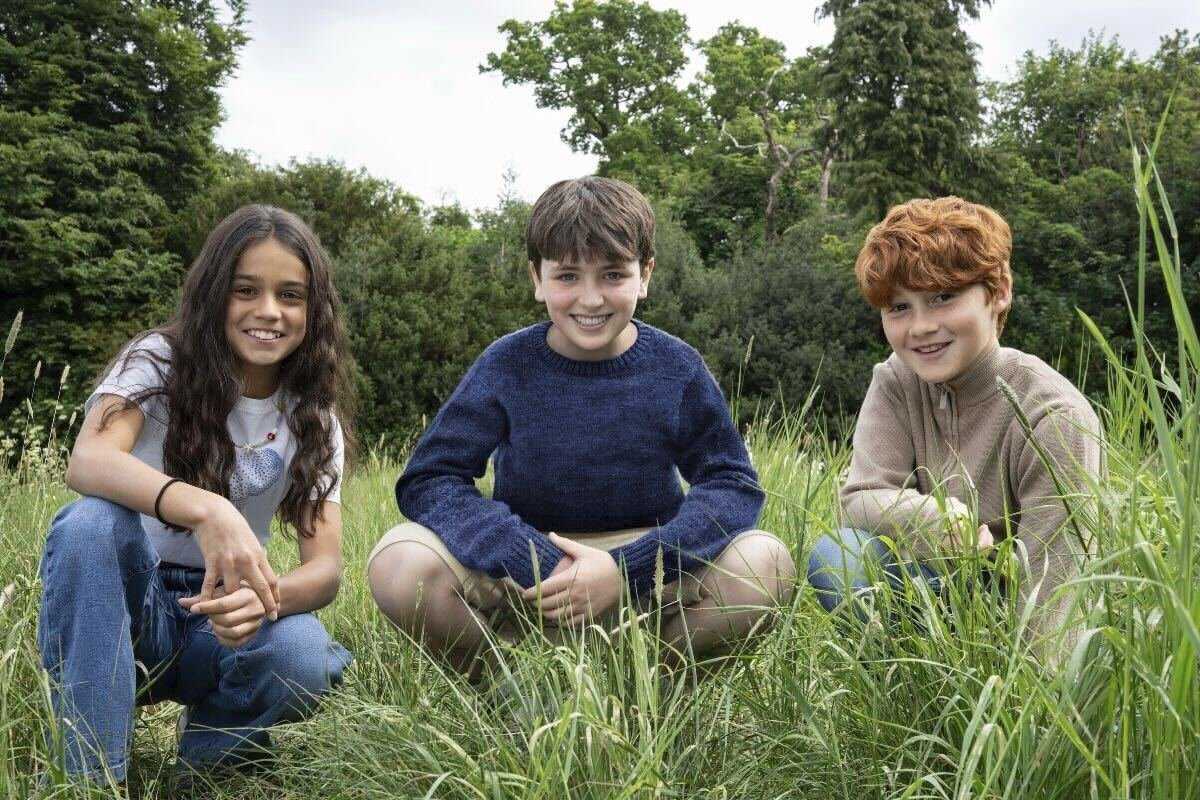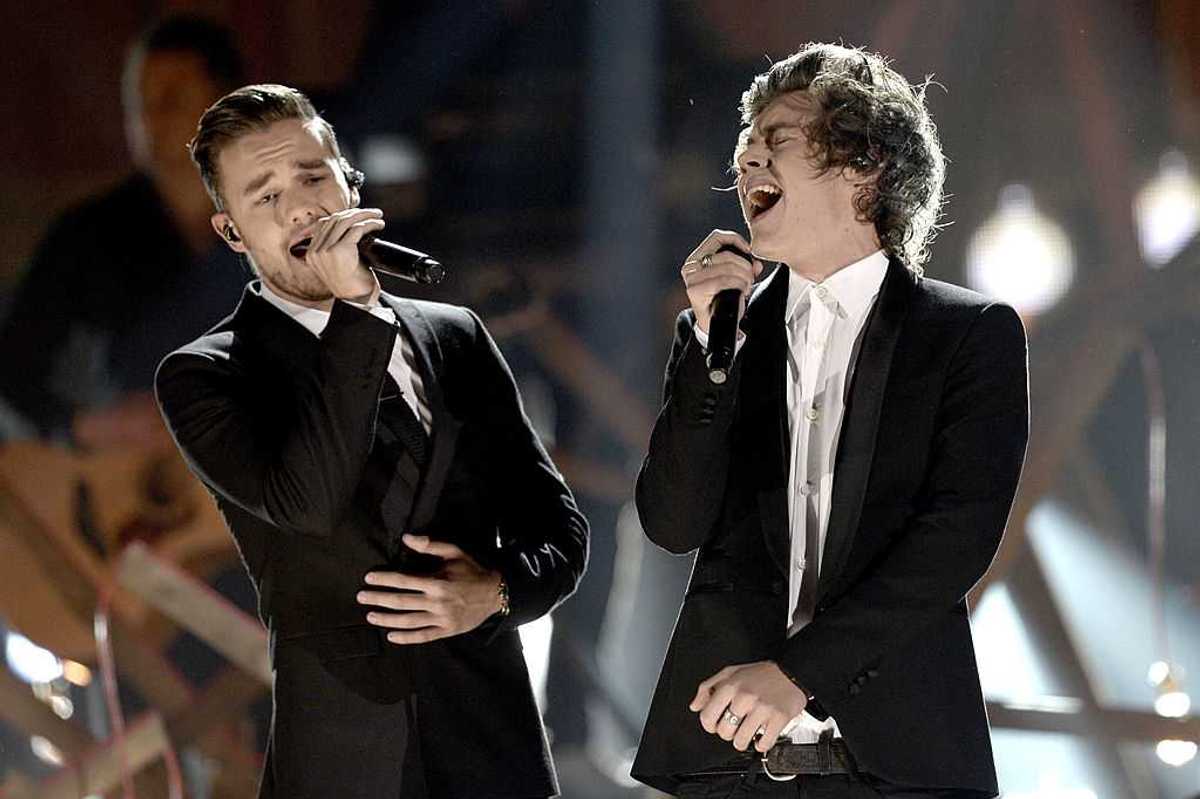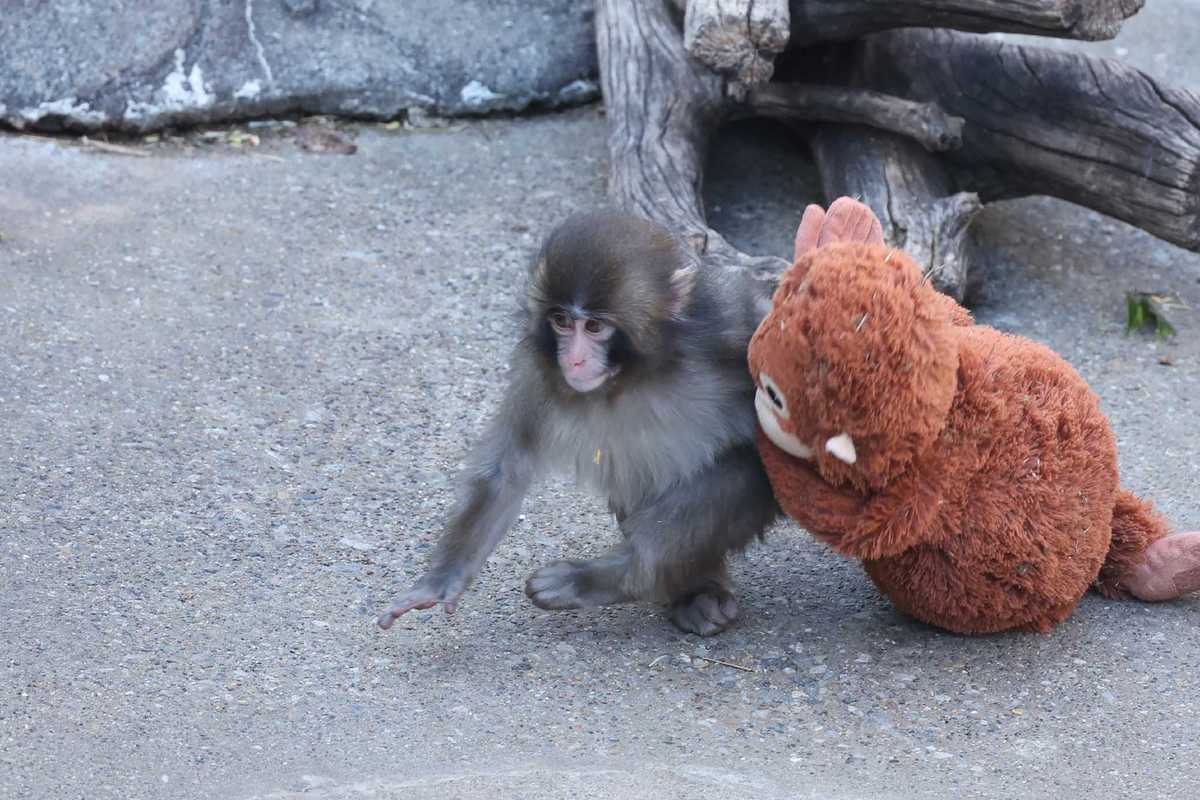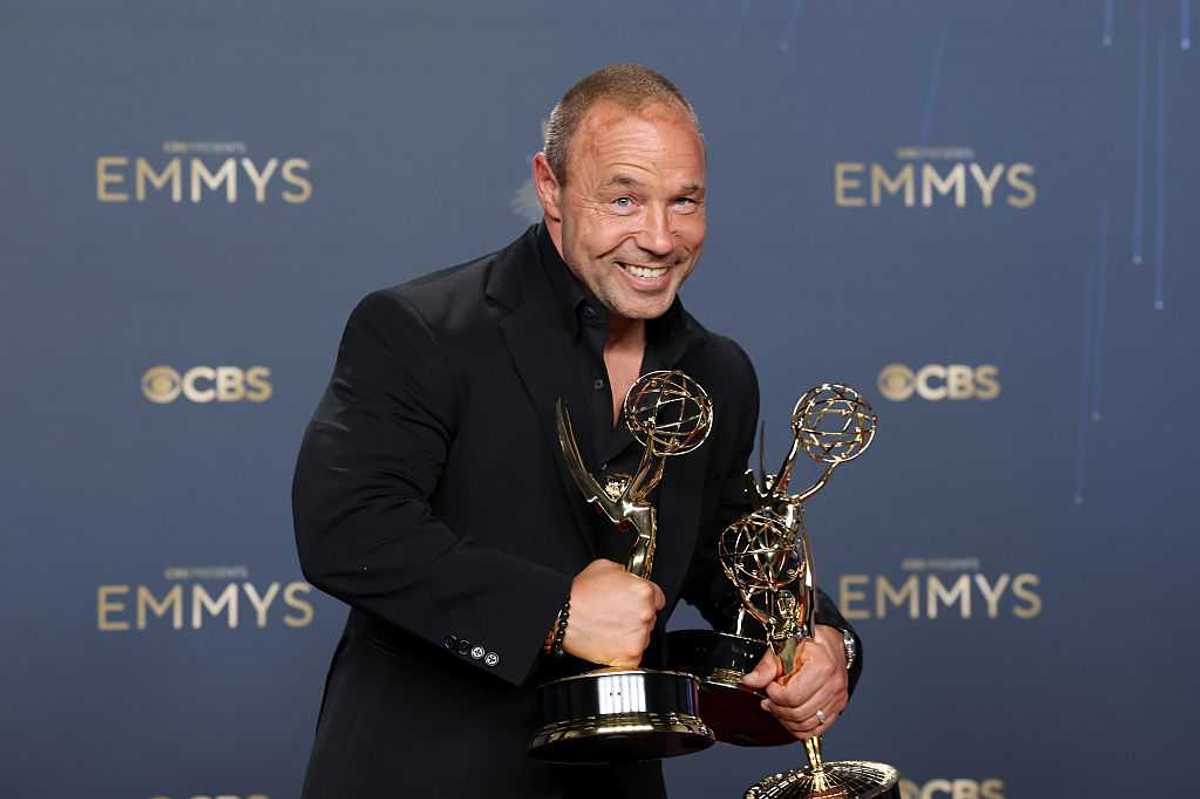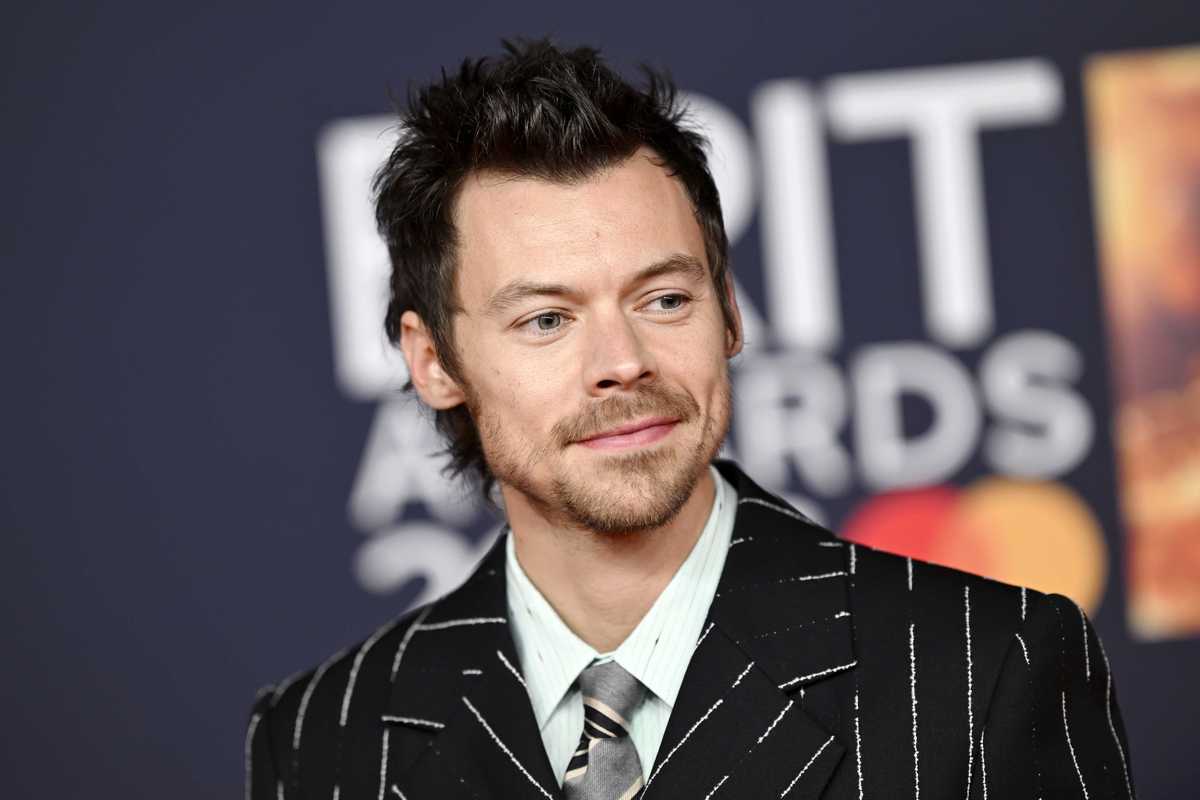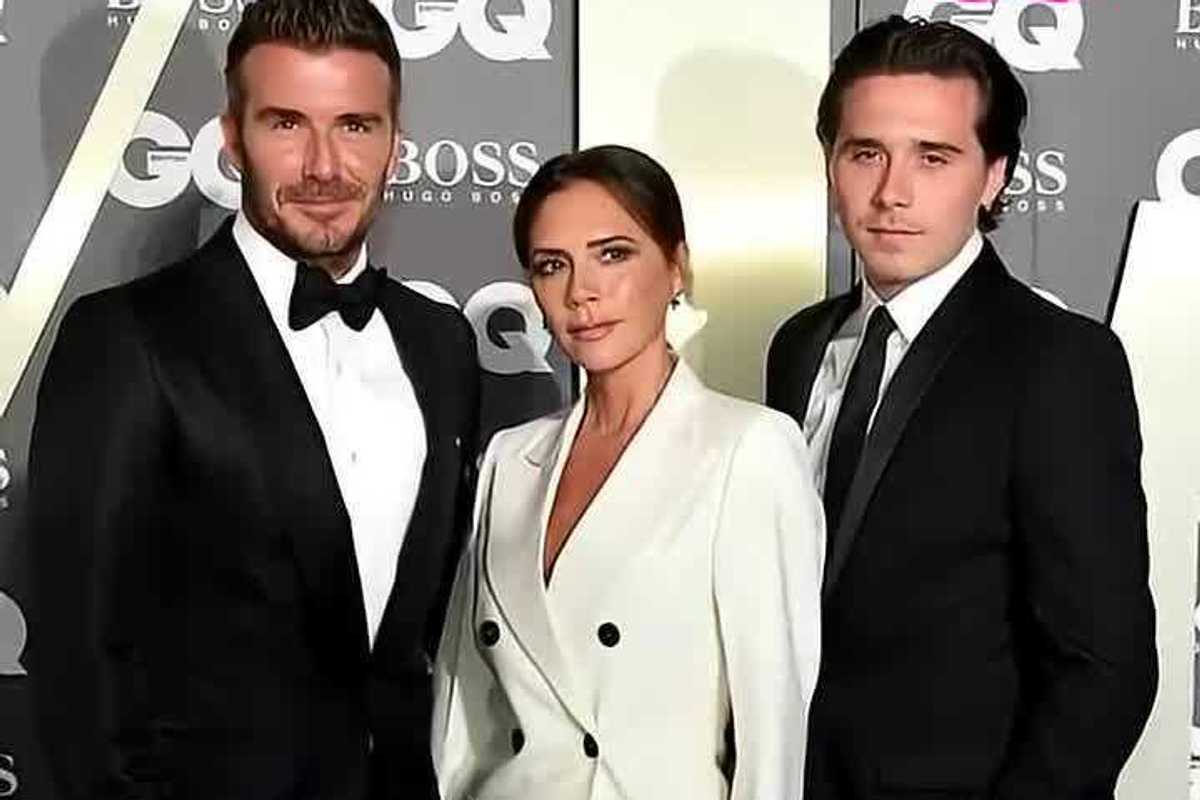Celebrities
Katie Grant
Mar 14, 2015
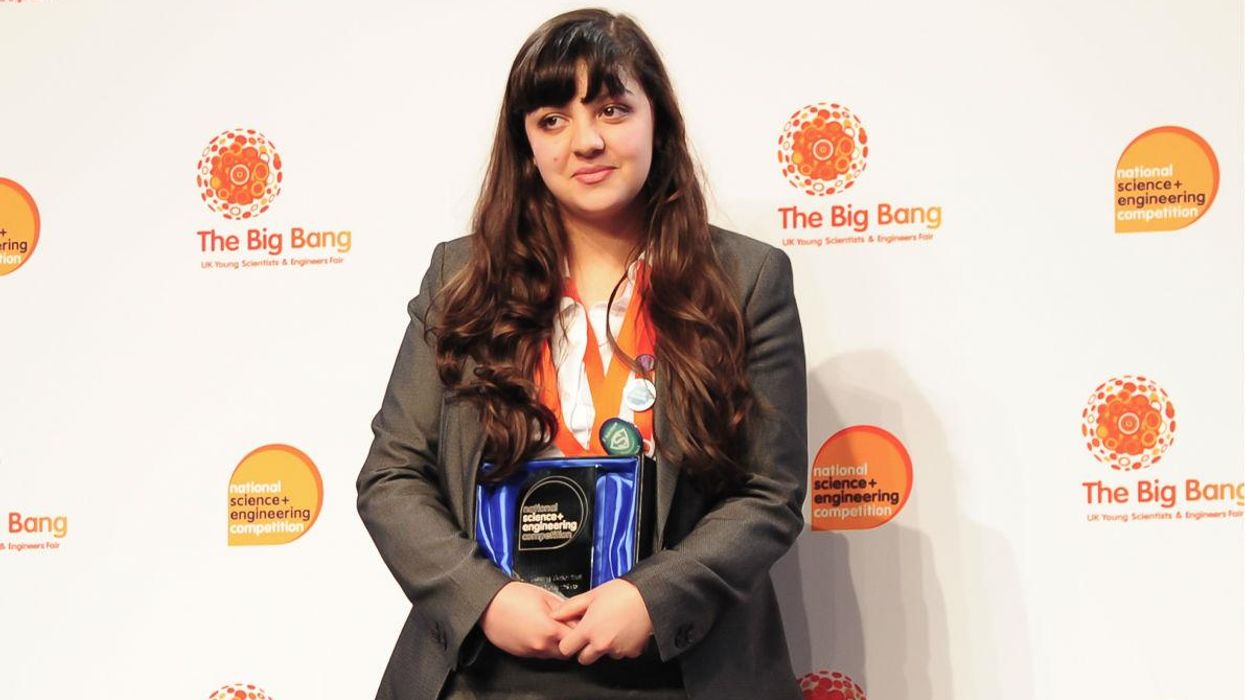
Another teenager experimenting with drugs?
And thank goodness she didn’t say no. Sarah Sobka, who helped find a new drug to treat cystic fibrosis, has been crowned UK Young Scientist of the Year.
What did her research involve?
Ms Sobka, 17, from Sheffield, examined Lubiprostone, a medicine commonly used to treat irritable bowel syndrome, to find out whether any of its characteristics could be applied to create new and more effective therapies for cystic fibrosis, one of the UK’s most prevalent and life-limiting inherited diseases.
What are the symptoms of cystic fibrosis?
The disease is the result of a genetic mutation which causes the body to produce thick mucus, which affects the lungs and digestive system in particular. There is no known cure at present so the aim of treatment is to ease symptoms and make the condition easier to live with.
Is it life-threatening?
In the past, most children with cystic fibrosis would die of related complications before reaching adulthood, according to the NHS. The outlook has improved considerably in recent years due to advancements in treatment.
Could her discovery help many people?
Potentially, yes. Cystic fibrosis affects more than 9,000 people across the UK and there are still many strains for which there are no available drugs.
And it’s inherited?
One in 25 people carry the faulty cystic fibrosis gene. For someone to be born with cystic fibrosis, both parents must carry the gene. If both parents have the gene there is a 25 per cent chance the child will have cystic fibrosis.
Sounds like the judges picked a deserving winner…
The judging panel included the Nobel Prize winner Sir Tim Hunt, the first British astronaut Helen Sharman and Roma Agrawal, who was part of The Shard’s construction team. The awards were announced at the Big Bang UK Young Scientist & Engineers Fair at the NEC in Birmingham.
Did she manage to correctly hypothesise the result?
It appears she didn’t. The teenager, who hopes to study medicine at university, said: “I was absolutely shocked to even be in the top five, so to have won the UK Young Scientist of the Year award is an amazing feeling.”
More: Meet one of Britain's great everyday heroes
More: Meet the truly inspirational Afghan women's national cycling team
Top 100
The Conversation (0)
